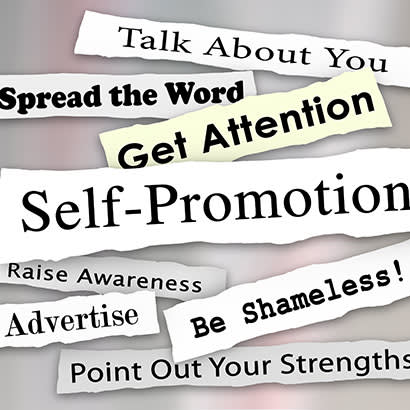
When investing in marketing, many park and recreation leaders first think: “How will these investments translate into greater revenue generation and cost recovery?” This is with good reason — greater awareness will drive demand among your residents for your agency’s programming, sparking increased registration fee income.
Generated revenue is a critical funding source for many park and recreation agencies. According to the 2019 NRPA Agency Performance Review, the typical local agency generates more than $20 in revenue per resident each year. This is the equivalent to a little more than 27 percent of the agency’s annual operating budget.
Revenue generation varies widely among agencies, with cost recovery near zero percent at some agencies while other agencies can (and are expected to) generate revenue equal to, or even more than, half of their annual operating budget. Further, the sources of this revenue also differ by agencies. Fee income may include not only registration fees to events and sports leagues, but also admission and parking fees, golf greens fees, sponsorships and concessions. Some agencies also manage assets that are sources of significant revenue (e.g., stadiums, sport complexes, amphitheaters).
In recent years, NRPA Park Metrics, the most comprehensive source of data standards and insights for park and recreation agencies, has shown little change in the headline cost-recovery figures. Yet, we know, anecdotally, that some agencies are under pressure from local political leaders, who demand greater cost recovery and less dependence on tax dollars, to deliver park and recreation amenities and programming. While being able to generate significant revenue may make the agency less dependent on the budget whims of local political leaders, agency leaders may have greater difficulty delivering on their core mission of ensuring all residents have access to parks and recreation.
Preparing for Tomorrow’s Challenges
When the next economic downturn occurs — whether it is a year from now or in five or 10 years — we would expect to see increased pressure to generate revenue. This is where building and executing a robust marketing and awareness strategy for your agency today can help prepare it for tomorrow’s challenges. And, I am not just talking about using marketing to drive up registration fee revenues.
A well-executed marketing strategy also builds community support for parks and recreation, which would be an asset during your agency’s next budget hearing with the city/town/county council. NRPA has found consistent, strong public support for parks and recreation, in general, and, more specifically, for increased agency funding. One example is the 2018 Americans’ Engagement with Parks study that found 78 percent of adults want their local government to increase park and rec spending.
Where there may be a disconnect, however, is in the public’s lack of awareness of the vast offerings your agency deliveries to the community. Community members may know your agency maintains the trail they walk on or the park where they hosted a recent birthday party. But, they may not make the connection that your agency also runs the afterschool programs for their children or the pool where they learned to swim. This lack of awareness may be a symptom of not having a consistent branding and marketing strategy.
Closing this perception gap will help build greater public and political support for your agency. An example is presented in the just-released Awareness and Use of Parks report noted in this month’s research column. The report highlights how the town of Cary, North Carolina, is using a comprehensive wayfinding and signage plan, designed to build awareness of the location and components in its parks. By using wayfinding to deliver its brand, the agency is presenting a cohesive identity of its holdings that (hopefully) will promote greater public support for its efforts.
The takeaway here is that a cohesive marketing strategy can be about more than just growing generated revenue. A strong communication and awareness campaign also builds public support, turning your residents into some of the biggest advocates for parks and recreation. Now is the time to harness this important resource.
Kevin Roth, Ph.D., is NRPA’s Vice President of Professional Development, Research and Technology.

